1. Introduction:
In recent years, the convergence of AI and the Internet of Things (IoT) has garnered significant attention due to its potential to transform various aspects of our lives. AI, which involves the simulation of human intelligence in machines, and IoT, which represents the network of interconnected devices, are both advancing rapidly. Their convergence opens up new possibilities for creating a connected and intelligent world where devices and systems can communicate, analyze data, and make informed decisions autonomously.
2. Understanding Artificial Intelligence (AI)
AI refers to the capability of machines to perform tasks that typically require human intelligence. It encompasses various techniques such as machine learning, natural language processing, and computer vision. Machine learning, which is a subset of AI, allows systems to learn from data and enhance their performance without requiring explicit programming. With AI, machines can analyze vast amounts of data, identify patterns, and make predictions or decisions based on the acquired knowledge.
3. Unveiling the Internet of Things (IoT)
The Internet of Things (IoT) refers to the network of interconnected physical devices, vehicles, appliances, and other objects embedded with sensors, software, and connectivity capabilities. These devices collect and exchange data, enabling them to communicate and interact with each other and the external environment. IoT extends the power of the internet beyond traditional computing devices and connects the physical world to the digital realm.
4. The Synergy between AI and IoT
When AI and the Internet of Things (IoT) come together, they create a powerful synergy. AI enhances the capabilities of IoT devices by providing them with intelligent decision-making abilities. It enables devices to analyze data in real-time, extract meaningful insights, and take appropriate actions. On the other hand, the Internet of Things (IoT) provides AI systems with a wealth of data collected from interconnected devices, enabling them to learn and improve their performance.
5. AI and IoT in Healthcare
The healthcare industry stands to benefit greatly from the integration of AI and IoT. Connected medical devices can collect vital patient data and transmit it to AI-powered systems for analysis. This enables remote monitoring of patients, early detection of health issues, and personalized treatment plans. AI algorithms can assist in diagnosing diseases, predicting outcomes, and recommending suitable interventions. Additionally, IoT-enabled wearables can promote preventive healthcare by tracking vital signs and encouraging healthy behaviors.
6. Smart Homes: Enhancing Daily Living
AI and IoT have revolutionized the concept of smart homes, where various devices and appliances are interconnected and controlled through intelligent systems. Voice-activated virtual assistants, powered by AI, can control lighting, temperature, security systems, and entertainment devices. IoT-enabled sensors can detect occupants’ preferences and adjust the environment accordingly, enhancing comfort and energy efficiency. Home automation systems provide convenience, security, and improved quality of life.
7. Industrial IoT: Revolutionizing Manufacturing
In the realm of manufacturing, AI and IoT are driving a paradigm shift. Industrial IoT enables real-time monitoring and optimization of production processes, resulting in increased efficiency and reduced downtime. AI algorithms can analyze sensor data to predict equipment failures and trigger maintenance activities proactively. Smart factories leverage AI-powered robotics, automation, and predictive analytics to optimize production lines and enhance overall productivity.
8. AI and IoT in Transportation: Paving the Way for Autonomous Vehicles
The integration of AI and IoT is paving the way for the widespread adoption of autonomous vehicles. IoT sensors and connected infrastructure enable vehicles to communicate with each other, traffic systems, and pedestrians. AI algorithms process the collected data, enabling vehicles to make informed decisions, avoid collisions, and optimize routes. The combination of AI and IoT holds the potential to transform transportation, improving safety, efficiency, and reducing congestion.
9. Ensuring Security and Privacy in an AI-IoT World
As AI and IoT become increasingly pervasive, ensuring security and privacy becomes paramount. The interconnected nature of IoT devices and the vast amount of data they generate present new challenges. AI systems must be designed with robust security measures to protect against cyber threats and unauthorized access. Privacy concerns must be addressed through transparent data handling practices, user consent mechanisms, and secure communication protocols.
10. Challenges and Future Outlook
While the convergence of AI and IoT brings immense opportunities, it also poses challenges. Ethical considerations, such as AI bias and privacy issues, need to be addressed. The complexity of AI-IoT systems demands skilled professionals capable of designing, deploying, and maintaining them. Additionally, interoperability standards and protocols must be established to ensure seamless integration across different devices and platforms. The future holds great promise as advancements continue to be made in AI and IoT, leading to a truly connected and intelligent world.
11. Conclusion
The convergence of AI and IoT is reshaping our world, creating a future where intelligent systems and interconnected devices seamlessly interact. From healthcare to transportation, manufacturing to daily living, AI and IoT are revolutionizing industries and enhancing our lives in unprecedented ways. Embracing these technologies requires addressing challenges related to security, privacy, and ethics. As we move forward, the potential for innovation and positive impact is boundless, paving the way for a connected and intelligent world.
FAQs
1. What is the role of AI in IoT? AI enhances IoT by providing intelligent decision-making capabilities to interconnected devices. It enables real-time data analysis, pattern recognition, and autonomous decision-making.
2. How does AI improve healthcare through IoT? AI and IoT in healthcare enable remote patient monitoring, early disease detection, and personalized treatment plans. AI algorithms assist in diagnosing diseases and predicting outcomes based on collected data.
3. What are the benefits of smart homes powered by AI and IoT? Smart homes offer convenience, energy efficiency, and enhanced security. AI systems control various devices and appliances, adjusting the environment based on occupants’ preferences and promoting a comfortable living experience.
4. How does industrial IoT revolutionize manufacturing? Industrial IoT enables real-time monitoring and optimization of production processes, reducing downtime and increasing efficiency. AI-powered analytics predict equipment failures, enabling proactive maintenance.
5. What is the future outlook for AI and IoT? The future holds immense promise for AI and IoT, with advancements continuing to be made in both fields. Ethical considerations, skilled professionals, and interoperability standards will play crucial roles in shaping their development.

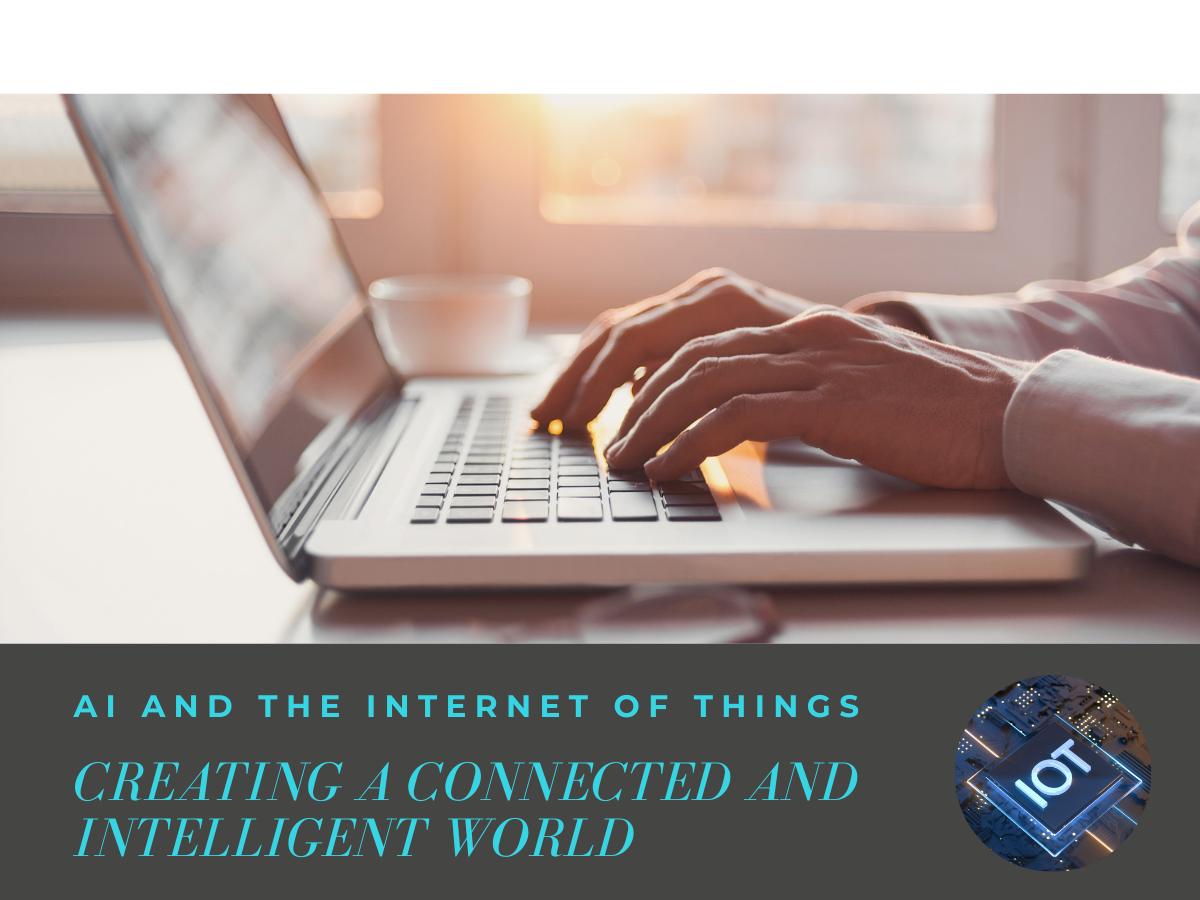

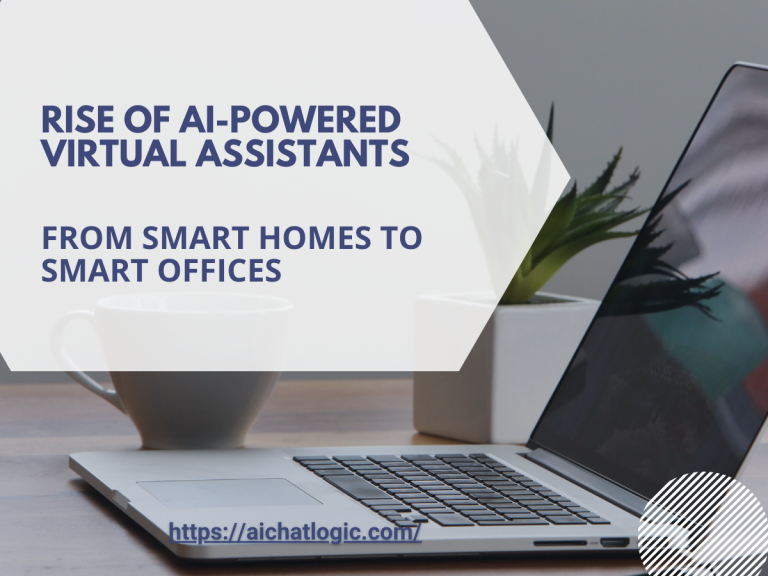
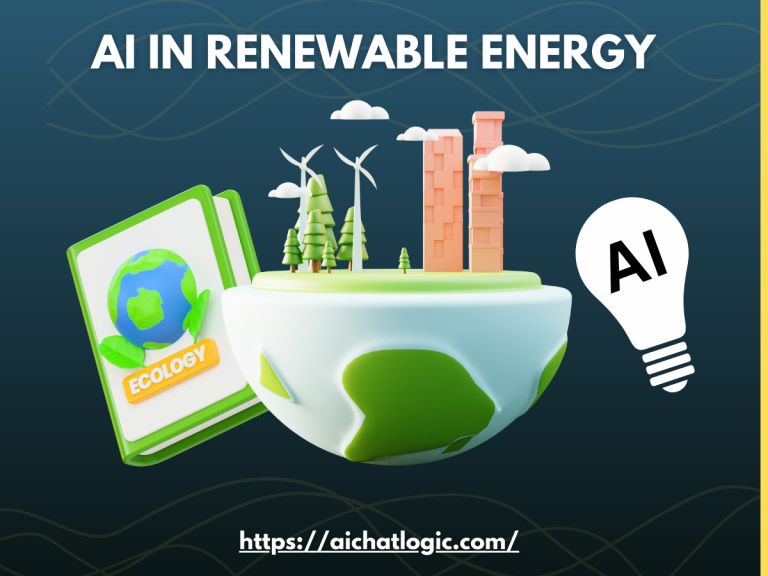


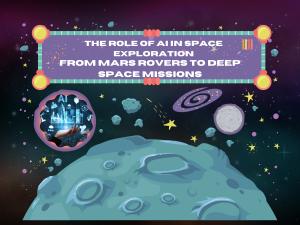
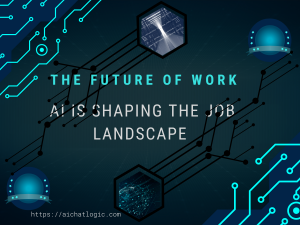



+ There are no comments
Add yours